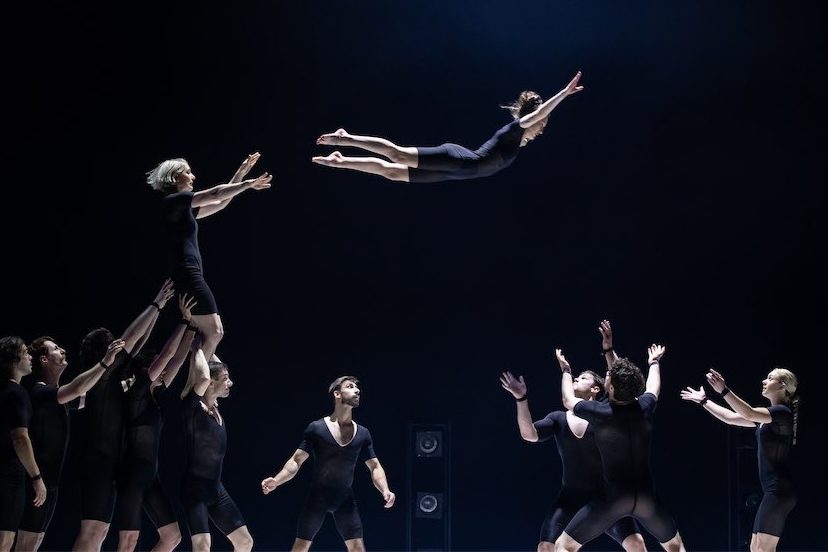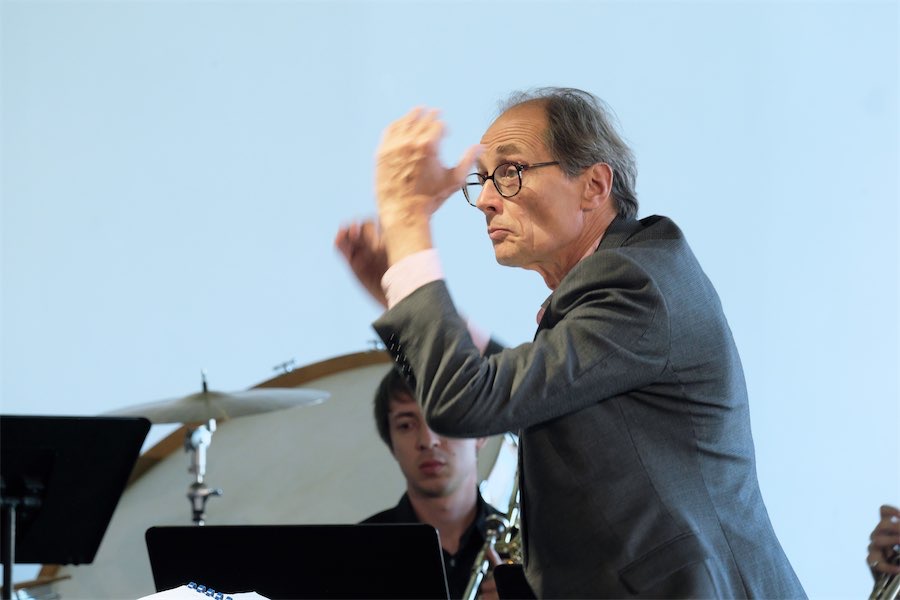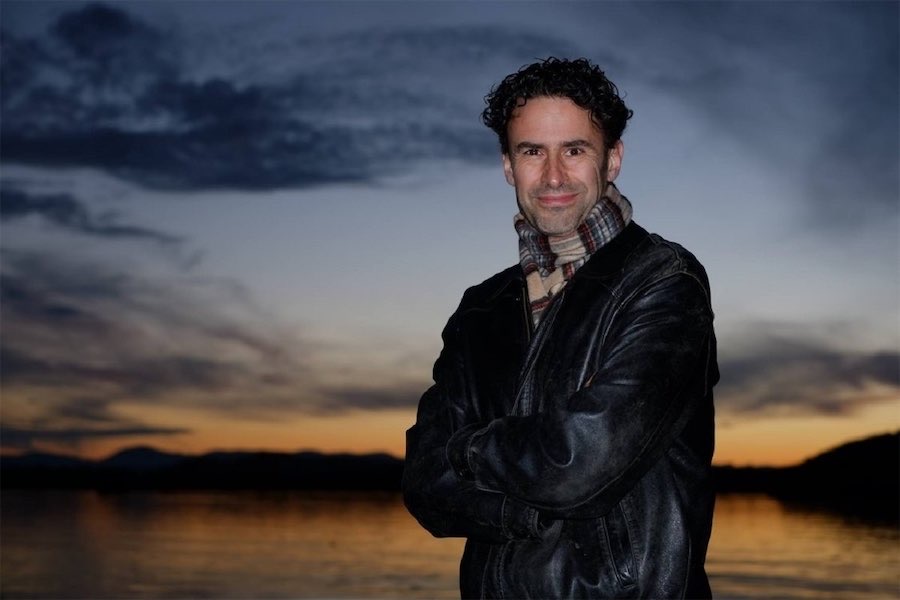
Those words returned to me in the last performances of the 2013 Canberra International Music Festival – particularly during “In Praise of Creative Women”, celebrating women composers who never expected, or received, material reward for their work. Some may have found Christopher Latham naïve when he emphasised that music can be a healing force in the world, but I applauded him. And his point was reinforced by packed concert halls, standing ovations, the teary expressions on people at interval.
This was not the music of elevators and shopping malls, the background drone of the entertainment industry – the music of this festival was the careful offspring of artists, music for the soul, to make life worth living.
From David Pereira’s exquisite cello works in the stunning new Arboretum to the gritty and industrial music by Paul Dresher, improvised on his invented “Quadrachord”, this spanned a huge range of styles and tastes.
It was commendable that so many works by Australian composers were performed – some highlights included Larry Sitsky’s “Sonata for Solo Flute,” Kate Moore’s “Uisce” and Andrew Ford’s “Australian Aphorisms,” which set, among other texts, our own David Campbell’s profound observation “What is matter but a hardening of the light?”
Martin Bresnick’s elegant piece “Ishi’s Song”, based on a recording made by the last Yahi Indian, reminded me of the fragility of our own Indigenous people. The festival had obviously made an effort to include Aboriginal musicians – William Barton played didjeridu in the opening gala and again in “Lifting the Spirit”, but Aboriginal people were, on the whole, missing both from the stage and audience.
Hosting a festival of this magnitude is not cheap. Even with the impressive list of sponsors it would be miraculous if the festival breaks even. Concert tickets, $60 on average, were certainly not exorbitant. One might have attended all concerts for around $1500. It should come as no surprise, then, that the audience was mostly from the white middle classes – and why not? They have championed classical music in good times and bad, and supported this festival from its origins.
But Canberrans from all backgrounds deserve to hear music that can make their lives worth living. So to the visionary people of Canberra, I offer a challenge – if music is truly a healing force in the world, let’s work together and open the concert doors in 2014 to those who need it most.
Judith Crispin is a composer, writer, photographer and director of Manning Clark House .
Who can be trusted?
In a world of spin and confusion, there’s never been a more important time to support independent journalism in Canberra.
If you trust our work online and want to enforce the power of independent voices, I invite you to make a small contribution.
Every dollar of support is invested back into our journalism to help keep citynews.com.au strong and free.
Thank you,
Ian Meikle, editor




Leave a Reply